What does the interest rate rise mean?
Borrowers to be hit while savers benefit - but is it a good idea?
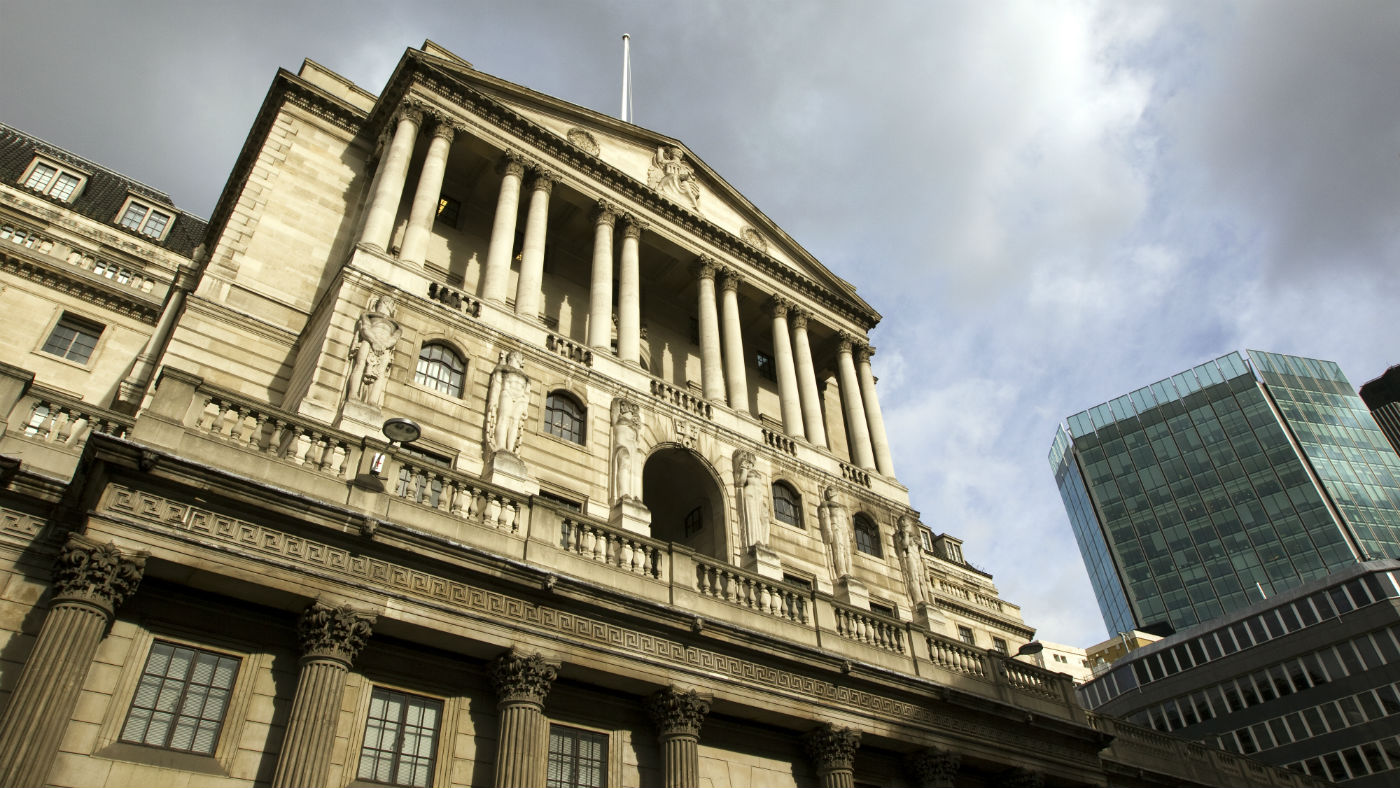
A free daily email with the biggest news stories of the day – and the best features from TheWeek.com
You are now subscribed
Your newsletter sign-up was successful
The Bank of England has decided to raise interest rates for the first time in more than a decade today.
In a bid to soothe the economy immediately after last June’s Brexit vote, the Bank cut the base rate to a historic low of 0.25%. Before then, it had stood at 0.5% since 2009 in the wake of the financial crisis.
Now it is to return to 0.5%, as the Bank looks to balance surging inflation with a slowing economy and stagnant wage growth.
The Week
Escape your echo chamber. Get the facts behind the news, plus analysis from multiple perspectives.

Sign up for The Week's Free Newsletters
From our morning news briefing to a weekly Good News Newsletter, get the best of The Week delivered directly to your inbox.
From our morning news briefing to a weekly Good News Newsletter, get the best of The Week delivered directly to your inbox.
“It isn't so much where inflation is now but where it is going that concerns us,” governor Mark Carney told reporters following the announcement.
“The policy dilemma facing Britain’s central bank is that it must balance surging inflation brought on by the weakened pound since the referendum, with the slowdown in the economy, dwindling consumer spending and declining inward investment,” says Business Insider.
This means if the Bank keeps interest rates low, the risk is that inflation will get worse. If it raises them, the risk is that it might further dampen the economy.
The shift in the Bank’s thinking comes after the post-Brexit fall in the value of the pound pushed up the Consumer Prices Index, used to measure inflation, to 3% in September. It follows recent sluggish growth and comes amid fears of a prolonged slowdown.
A free daily email with the biggest news stories of the day – and the best features from TheWeek.com
Since it was granted independence to set rates by then-chancellor Gordon Brown in 1997, the Bank has been tasked with keeping inflation at around 2%.
How will it affect me?
Although the rate has only risen by 0.25%, to its pre-referendum level, the new rate “could signify a momentous change in economic direction as the economy tries to return to normality after the post-crisis years”, says The Daily Telegraph.
However, many people remain unaware of the impact of a rate rise. Research published this week by MoneySuperMarket found over half of Brits do not know what the term “interest rate” means, while 70% could not identify the current base rate.
An increase in the rate will be bad for borrowers but good for savers, as the Bank of England base rate is used as a reference point for millions of mortgages and savings accounts.
Mortgage rates will rise almost immediately, and with 43% of homeowners on variable or tracker mortgages, “this opens up the possibility that millions of households will see their monthly expenditure increase in the run up to Christmas”, says Homes and Property. Credit card rates are also expected to rise.
The data firm Moneyfacts expects providers to pass on a 0.25% increase to savers too, but only on variable rate accounts.
Nationwide announced yesterday that it will increase the rates of the accounts slashed in August 2016 by 25% in line with a potential Bank rate rise.
So is it a good idea?
Not all analysts agree that a rate rise is the right decision. For many it comes down to whether you prioritise economic growth or keeping inflation down. If the latter, then the rate rise makes sense.
Forecasts for inflation don’t show it going back to 2012 levels of 5%, “but with predictions of rises for at least the next couple of months, the Bank must consider increasing the cost of borrowing to reduce the demand for goods and services, and calm price rises”, says Phillip Inman in The Guardian.
An argument can also be made for the Bank raising rates in case it needs to cut them in the future, perhaps in response to the UK crashing out of the EU with no deal.
On the other hand, GDP growth remains the lowest out of all G7 economies. With Brexit looming on the horizon, the Government seeking to cut back on borrowing, and large corporations hoarding enough cash to avoid the need to borrow, “driving up the cost of loans to consumers and small businesses could push the economy further towards zero growth”, says Inman.
What about longer term?
Britain’s National Institute of Economic and Social Research said it expects the Bank of England to start a sustained rate-tightening cycle on Thursday, which will lead to interest rates peaking at 2% in 2021.
However, the NIESR’s forecast is more hawkish than almost all the economists polled by Reuters last week.
-
 Political cartoons for February 19
Political cartoons for February 19Cartoons Thursday’s political cartoons include a suspicious package, a piece of the cake, and more
-
 The Gallivant: style and charm steps from Camber Sands
The Gallivant: style and charm steps from Camber SandsThe Week Recommends Nestled behind the dunes, this luxury hotel is a great place to hunker down and get cosy
-
 The President’s Cake: ‘sweet tragedy’ about a little girl on a baking mission in Iraq
The President’s Cake: ‘sweet tragedy’ about a little girl on a baking mission in IraqThe Week Recommends Charming debut from Hasan Hadi is filled with ‘vivid characters’
-
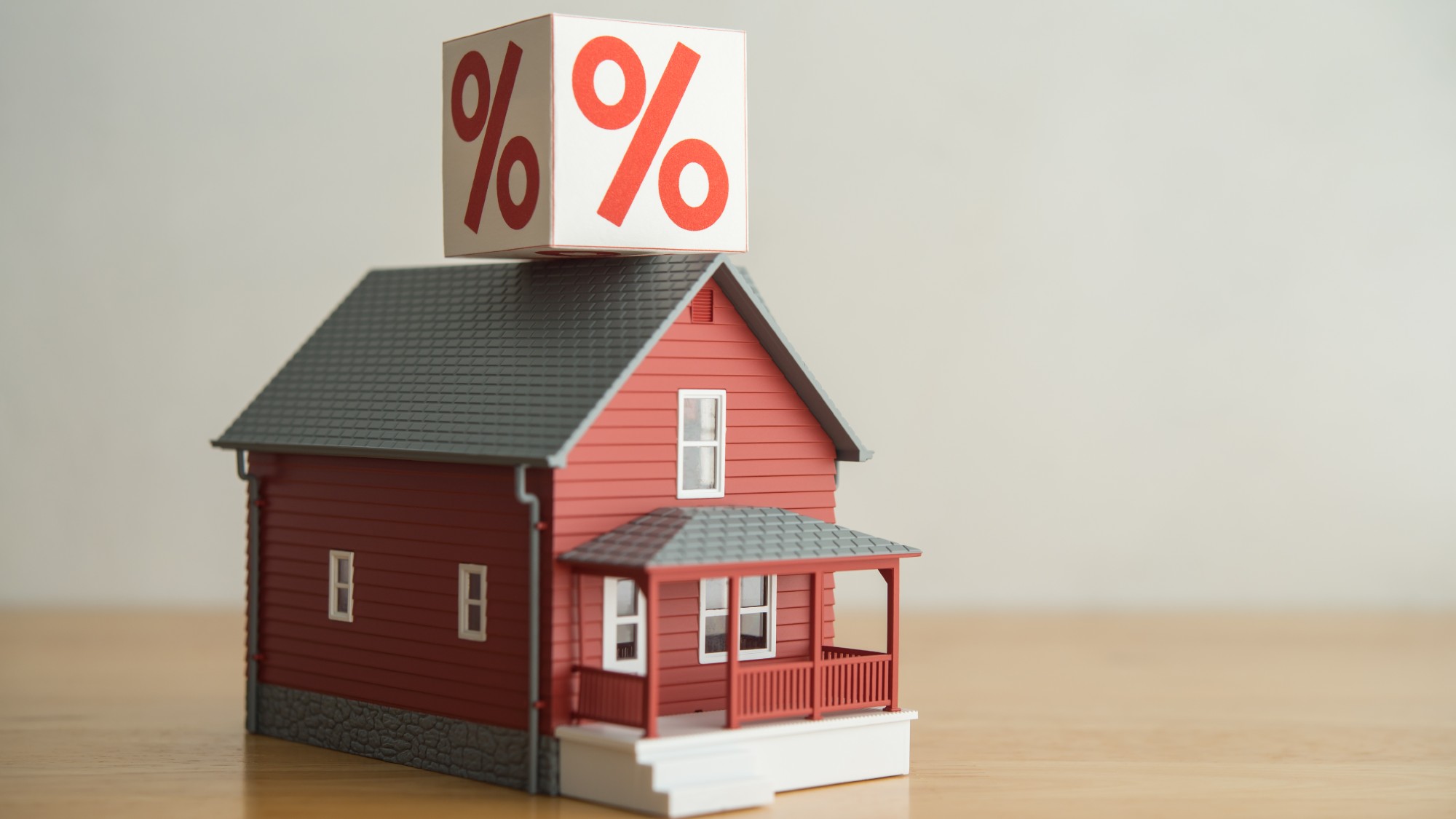 How will Fed rate cuts affect the housing market?
How will Fed rate cuts affect the housing market?the explainer An anticipated series of Federal Reserve cuts could impact mortgage rates
-
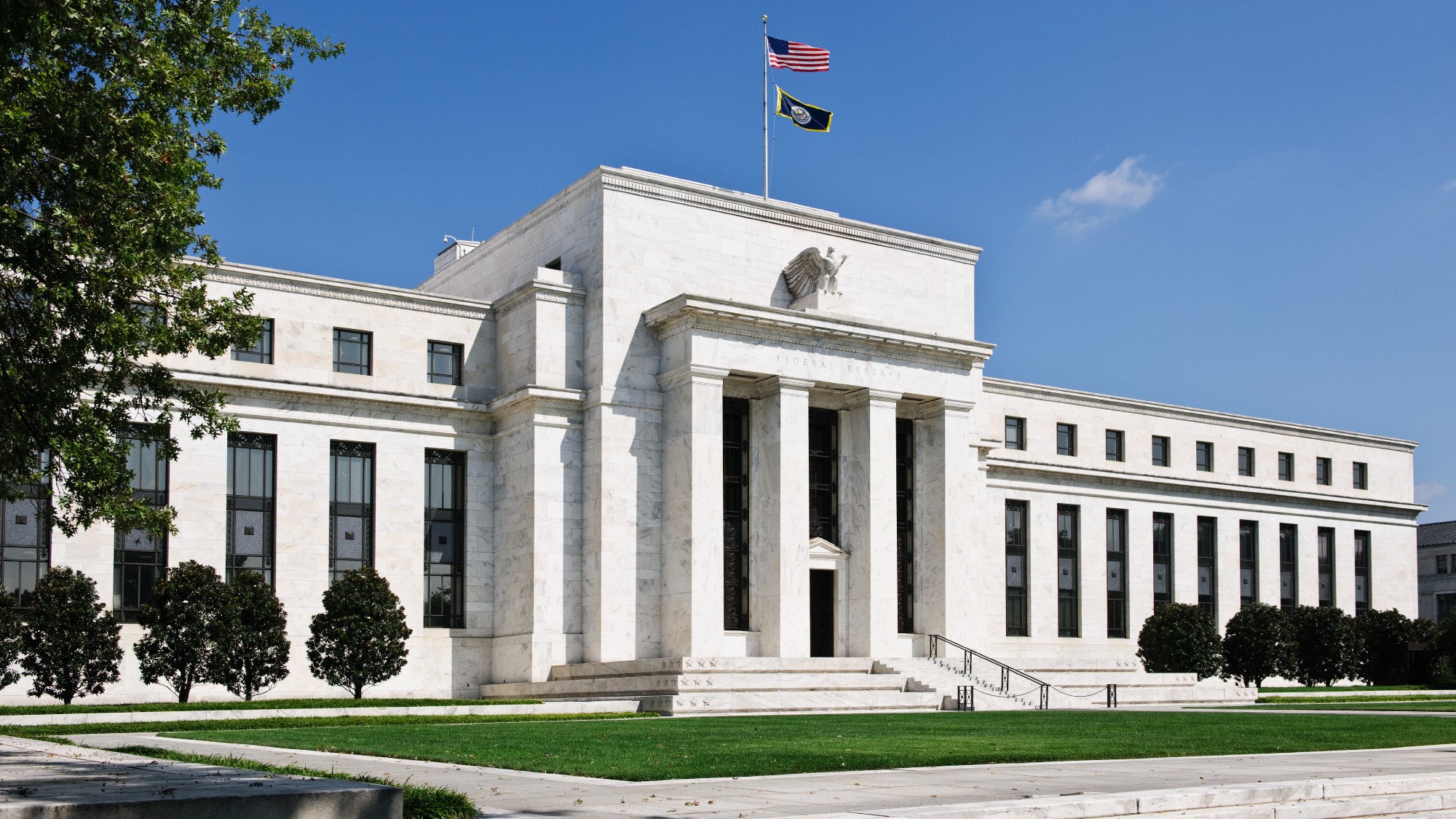 What is the Federal Reserve and what does it do?
What is the Federal Reserve and what does it do?The explainer The decisions made by the United States' central banking system have very real economic effects
-
 What are certificates of deposit and how do they work?
What are certificates of deposit and how do they work?The Explainer CDs may be the right solution for your savings goals
-
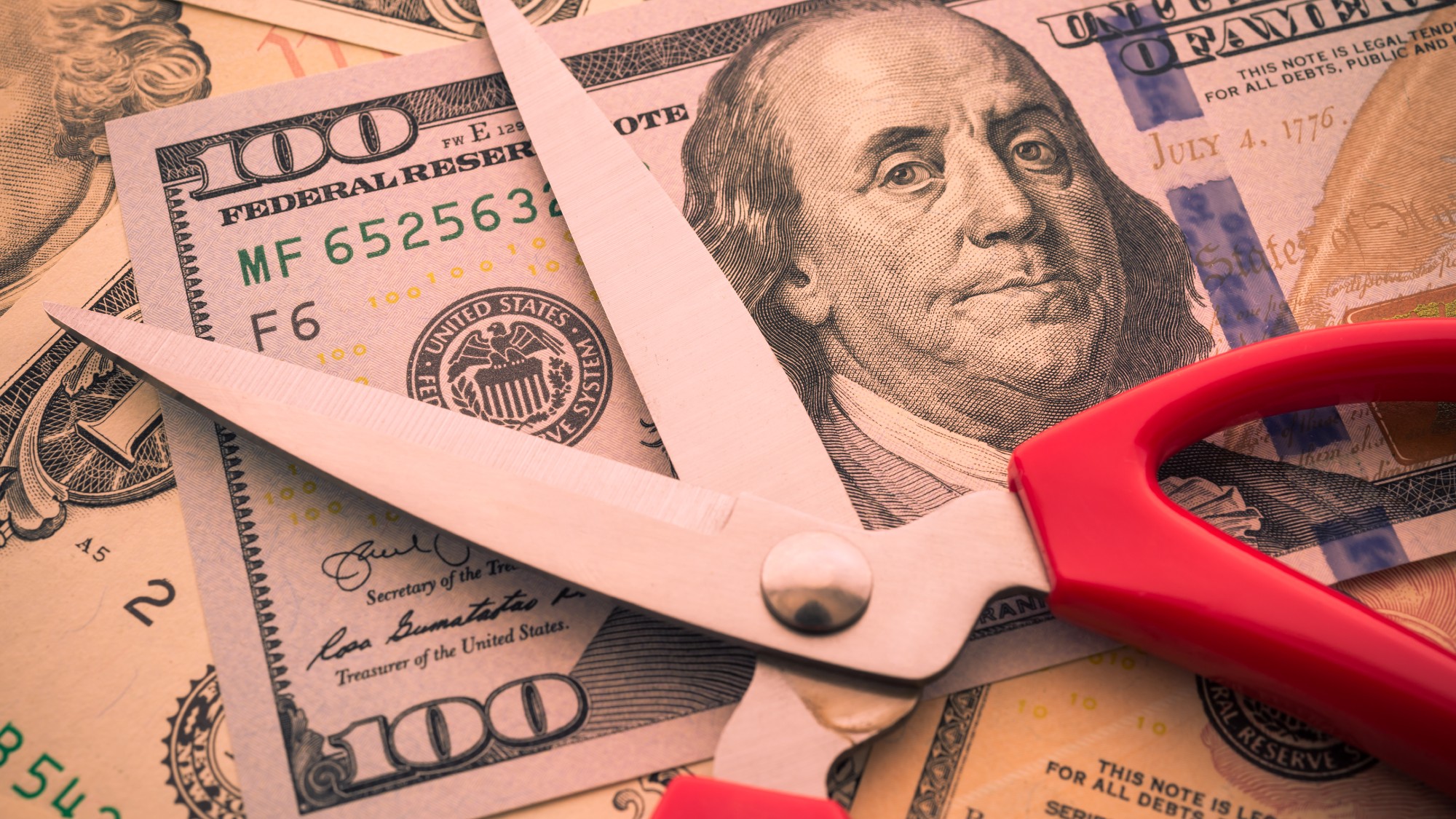 Where should you stash your savings after the Fed rate cut?
Where should you stash your savings after the Fed rate cut?The Explainer You will not be earning as much on savings rates, so you may want to make some changes
-
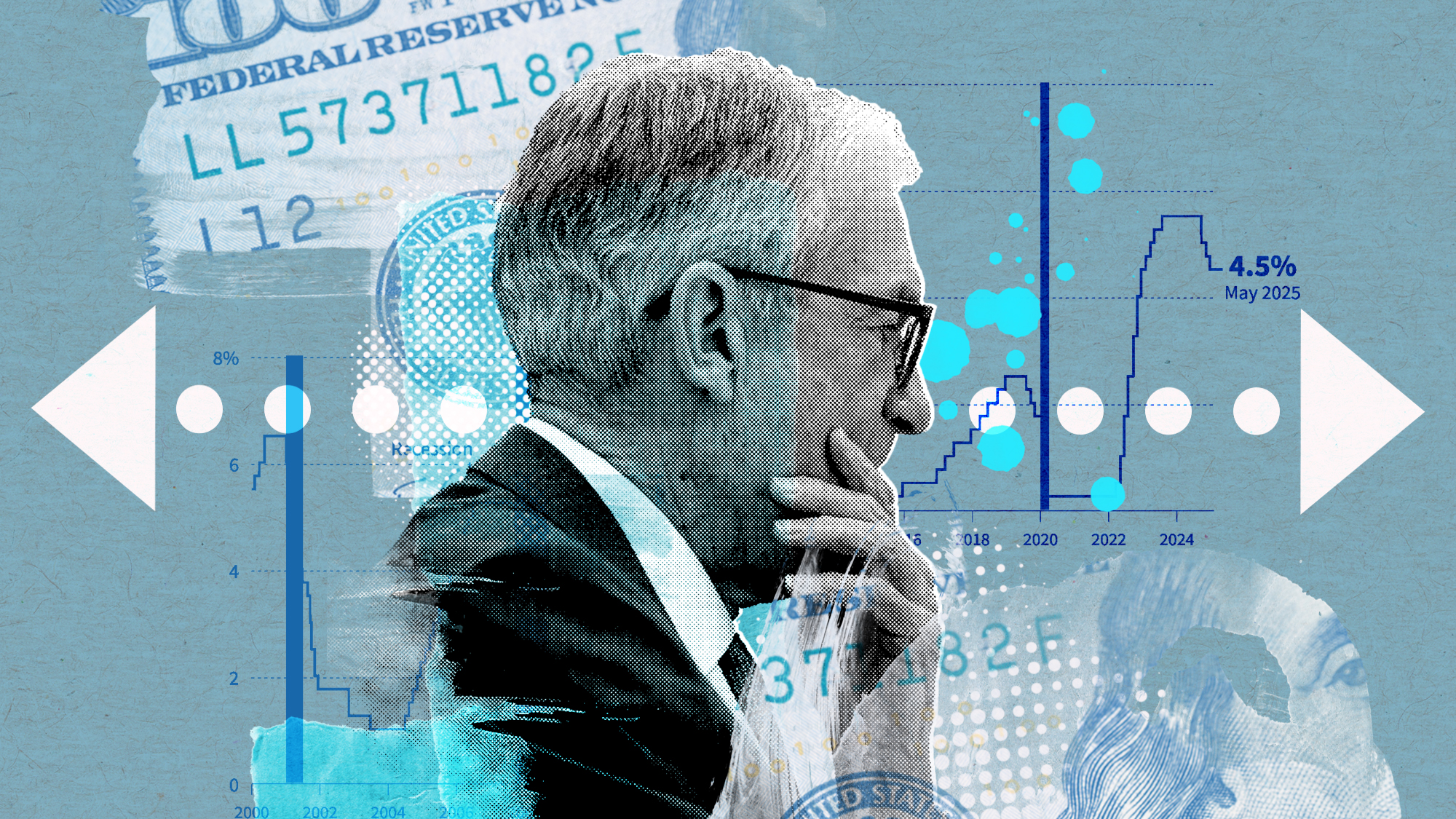 What's next for US interest rates?
What's next for US interest rates?The Explainer A pause after a series of cuts
-
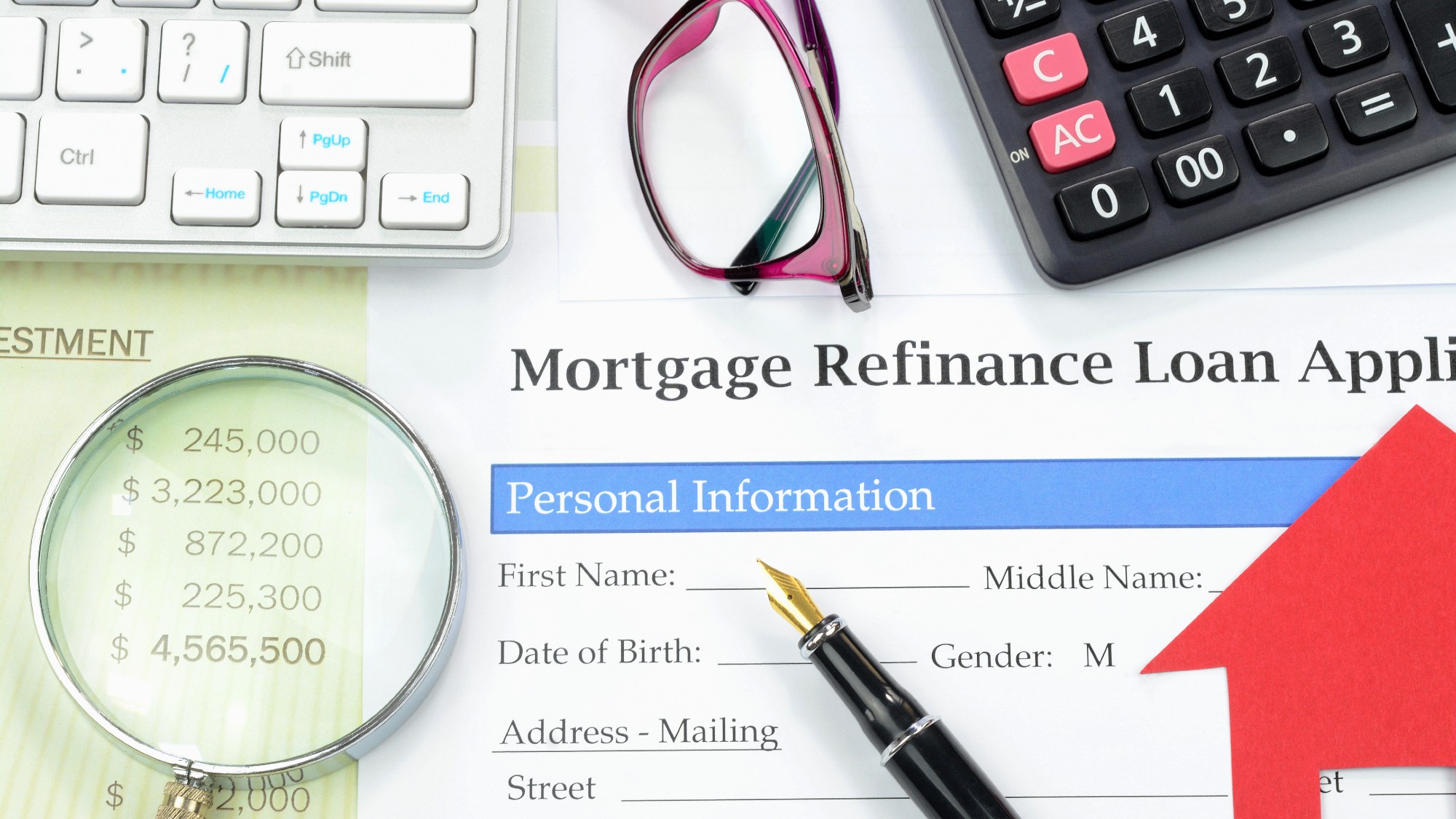 When does it make sense to refinance your mortgage?
When does it make sense to refinance your mortgage?The explainer You may be able to secure a lower interest rate — but it's not a good move for everyone
-
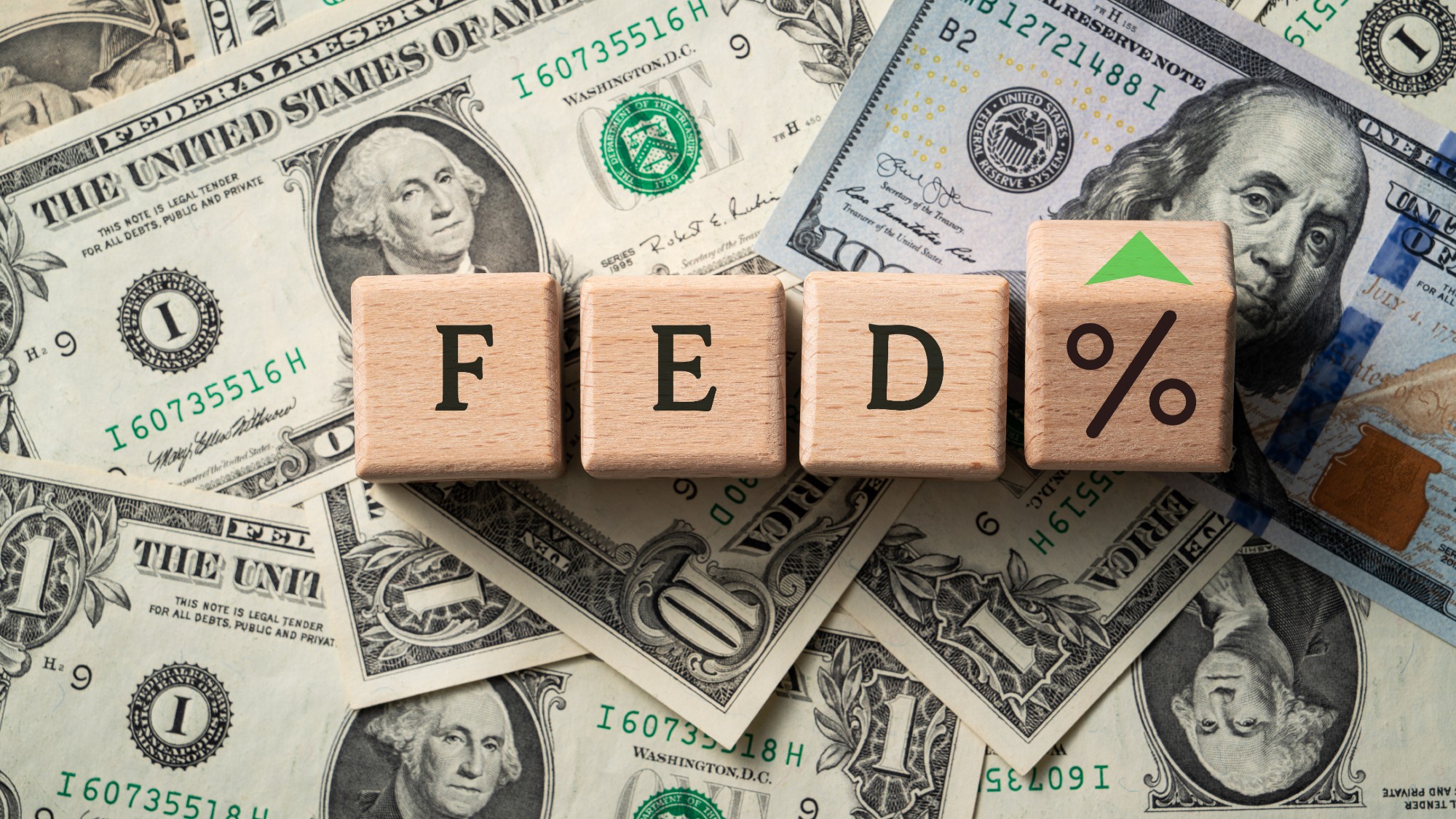 What financial impacts can you expect when the Fed finally cuts rates?
What financial impacts can you expect when the Fed finally cuts rates?The Explainer The Federal Reserve is poised to slash interest rates in the coming months
-
 How to get lower interest rates on student loans
How to get lower interest rates on student loansThe Explainer Federal student loan interest rates are set to reach record heights for the 2024-25 school year